Iraqi resistance, political groups vow to confront continued US military presence
Iraqi resistance and political groups have taken strong exception to the Pentagon chief's unannounced visit to Baghdad and Washington’s intent to continue its military presence in the Arab country on the pretext of preserving its stability.
Lloyd Austin, the US defense secretary, made a surprise visit to the Iraqi capital on Wednesday, ahead of the 20th anniversary of the US-led invasion of the country that was followed by the collapse of the regime of former dictator Saddam Hussein, which plunged the Arab country into crisis.
In Baghdad, Austin announced Washington's intent to maintain the military presence that began with the US invasion in 2003 and continued for the 20 years since, expressing hope to "strengthen and broaden" relations with Iraq.
"US forces are ready to remain in Iraq at the invitation of the government of Iraq," Austin told reporters after meeting Iraqi premier Mohammed al-Sudani.
"The United States will continue to strengthen and broaden our partnership in support of Iraqi security, stability, and sovereignty."
Austin, the most senior official in President Joe Biden’s administration to visit Iraq, was the last commanding general of US forces there after the invasion.
Iraqi political groups and resistance factions severely censured the visit as an "insult to the blood of martyrs” and a "brazen act," stressing that they will not wait for any permission to expel the occupation forces from their country.
They reaffirmed their pledge to end the American occupation and expel the occupying forces, slamming the Pentagon chief's remarks that hinted at the continued American military presence in the Arab country.
The visit came as the anti-occupation voices have grown louder in Iraq calling for the immediate ouster of American occupying forces and denouncing the visits of senior American political and military officials.
Austin’s visit ‘insult to blood of martyrs’
Abu Ali al-Askari, who is in charge of the security bureau of Iraq’s anti-terror Kata’ib Hezbollah, in a tweet said the visit of the "American war minister" to Iraq was "an insult to the martyrs, the nation and the history of this country.”
Stressing that Kata’ib Hezbollah will not commit to any understanding between the political parties and the occupying forces, Askari said the resistance group will “not wait for anyone's permission to confront the occupation.”
“Some political parties and their leaders should know that they should be careful in dealing with the enemy, whether in the clothing of a diplomat or in the clothing of a warrior and remember that they (politicians) claim to represent a nation that is against foreign domination,” he remarked.
‘US hands stained with the blood of top martyrs’
Hassan Salem, a representative of the Sadeqoun coalition at the Iraqi parliament, which is close to the anti-terror Asa'ib Ahl al-Haq resistance group, also blasted the Pentagon chief’s visit to Iraq.
“To the occupying US defense minister! I condemn your trip and I do not welcome you because your hands are stained with the blood of Iraqi martyrs, especially the martyred commanders of victory, Abu Mahdi al-Muhandis and Qassem Soleimani,” Salem noted.
‘Resistance will not yield to any form of pressure’
The Kata'ib Sayyid al-Shuhada anti-terror resistance group also censured the US official’s visit to Iraq and said it would not give in to pressure and would pressed ahead with the expulsion of the occupiers.
“Until now, the American occupier has not looked at Iraq as a part of the circle of allies in which it walks with security, and this (security) is the result of the blood of martyrs of resistance,” the resistance group said in a statement.
“This honor suffices for the Iraqi resistance that the occupying minister enters Iraq in a humble, fearful and worried manner; like the former official of his country "Donald Trump" who had to move between several planes in the dark of the night (during his trip to Iraq) for fear of being hit by the resistance,” it added.
The Kata'ib Sayyid al-Shuhada anti-terror resistance group underlined that the resistance "will not yield to any form of pressure", adding that "it will wait but will not abandon its main goal of expelling the occupier from Iraq and ending all forms of occupation.”
Meanwhile, the Fatah (Conquest) Alliance in the Iraqi parliament said the country’s resistance and political groups agree on the need to expel all American troops, noting that this is a “definitive” and “national” decision rather than a factional one.
On March 19, 2003, the US and Britain invaded Iraq in blatant violation of international law and under the pretext of finding weapons of mass destruction, but no such weapons were ever discovered in Iraq.
More than one million Iraqis were killed as the result of the US-led invasion, and occupation of the country, according to the California-based investigative organization Project Censored.
Since the US-led forces ousted Saddam's regime, Iraq has been self-governed under a power-sharing system.
The US withdrew its forces in 2011, claiming it had ended its combat mission in Iraq; however, some 2,500 US troops still remain inside the Arab country on what Washington describes as an “advisory” mission.
Calls for ouster of US troops
Since the assassination of top anti-terror commanders – the commander of Islamic Revolution Guards Corps (IRGC) Quds Force Gen. Qassem Soleimani and deputy chief of Iraq’s resistance alliance Hashd e Shaabi in a US airstrike in Baghdad on January 3, 2020, the chorus against the American occupation has grown louder and stronger.
Immediately after the dastardly crime, the Iraqi parliament passed a resolution that called for the expulsion of occupying American forces, which was unanimously backed by Iraqi political and resistance groups.
Over the past three years, the military convoys and facilities belonging to the occupying forces have been frequently targeted by Iraqi resistance groups, demonstrating the overwhelmingly popular opinion in the country against the continued American presence.
Iranian authorities have also repeatedly called for the ouster of American forces from the region, including Iraq, pointing to their destabilizing activities that are not in favor of regional countries.
The anti-occupation and anti-war voices inside the US have also been calling for the exit of American forces from Iraq, Syria, Yemen and other countries, which they say has failed to serve any purpose.
Jacob G. Hornberger, the founder and president of the US-based Future of Freedom Foundation (FFF) in an article published on the FFF website in January, asked why shouldn’t Americans be “brought up on criminal charges for contributing to the unprovoked murder of all those Iraqi children”.
“One irony in all this is that Saddam Hussein, whom US officials were calling the “new Hitler,” had been a partner and ally of US officials in the 1980s when he was waging an unprovoked war of aggression against Iran," he wrote.
"US officials were supporting Saddam in his war of aggression because they loved the fact that his army was killing Iranians."
VIDEO | Gaza’s Ramadan: 1.7mn displaced struggle between hope and pain of war
Israel’s West Bank land seizures signal 'alternative homeland' threat: Ex Jordanian official
Tarique Rahman sworn in as Bangladesh’s new prime minister
UAE removes online references to Hind al-Owais after Epstein email revelations
Iran in no way seeking nuclear weapons: Pezeshkian
Oman: Iran-US indirect talks in Geneva achieve tangible progress
VIDEO | Press TV's news headlines
VIDEO | Israeli forces loot Palestinian homes across West Bank


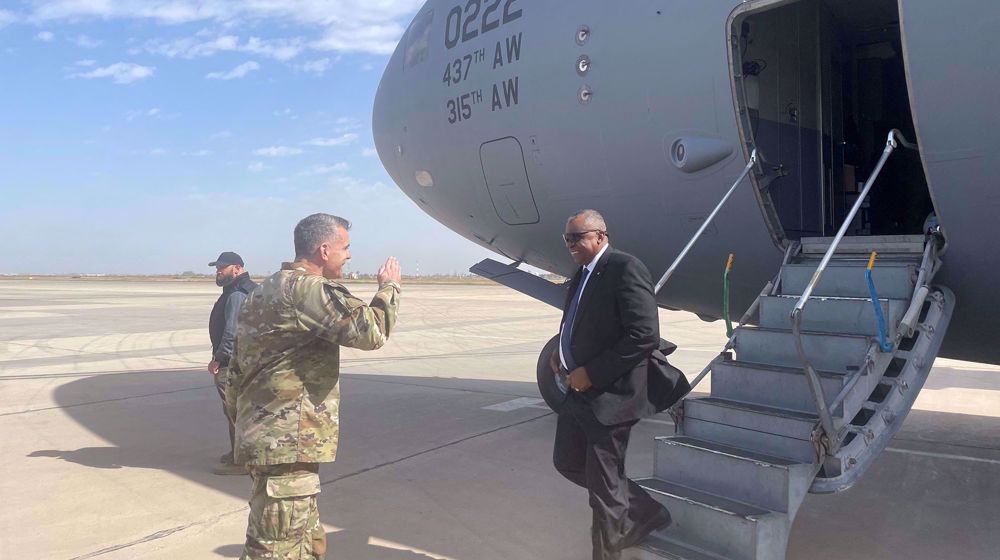
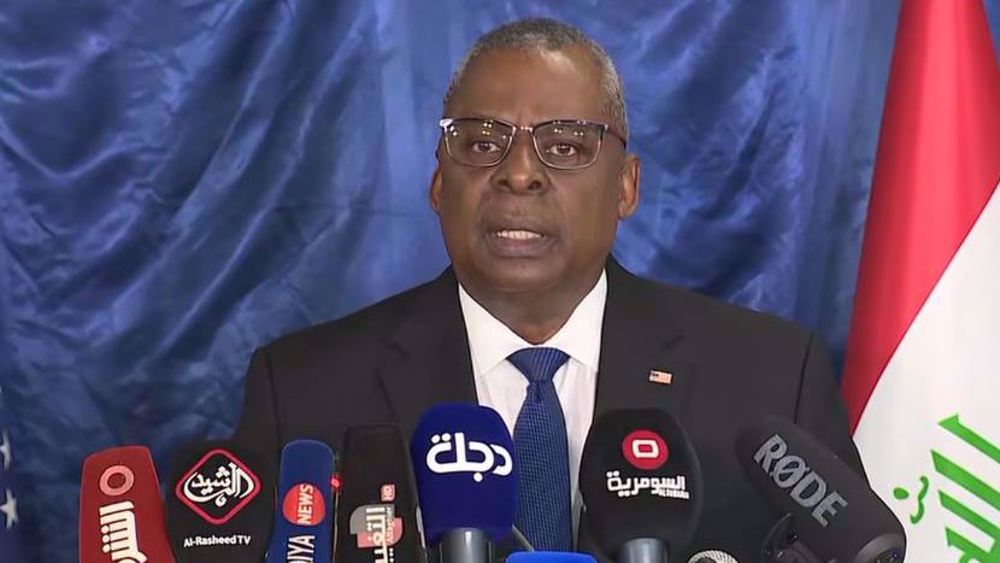
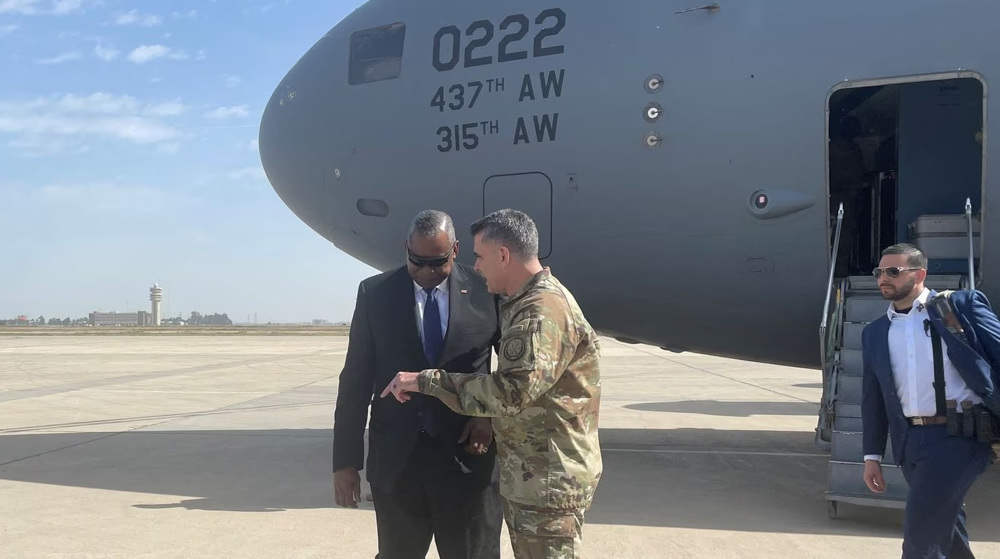
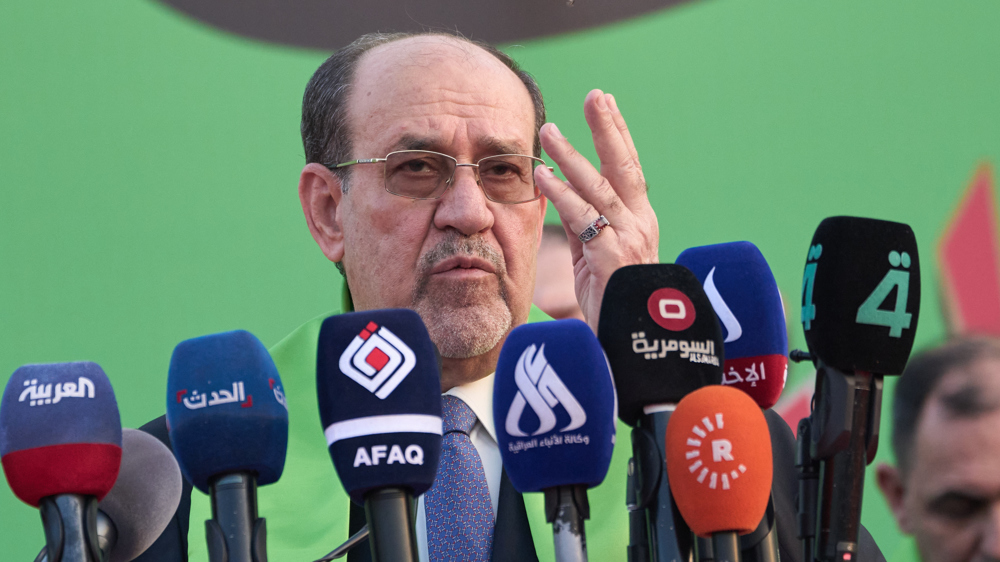
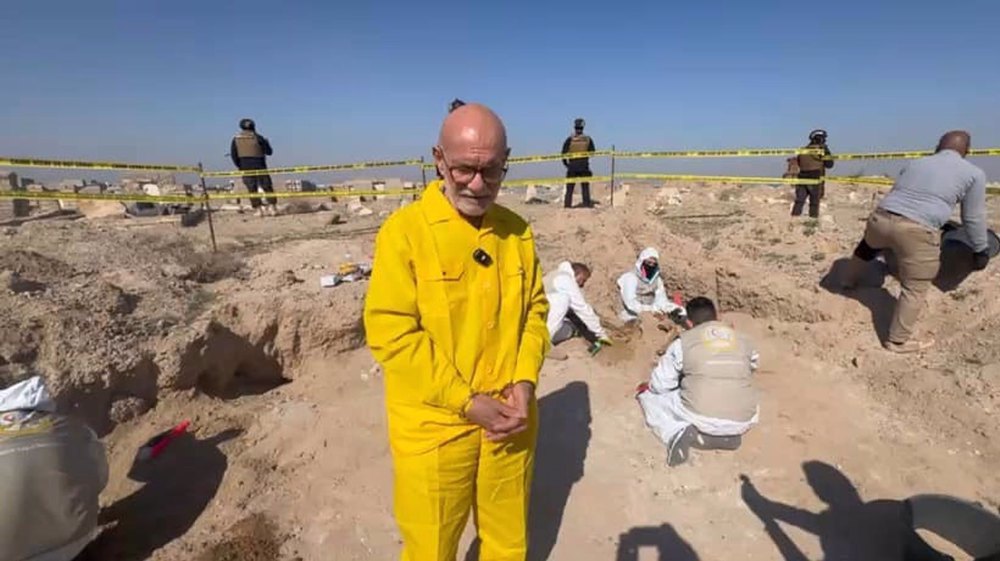
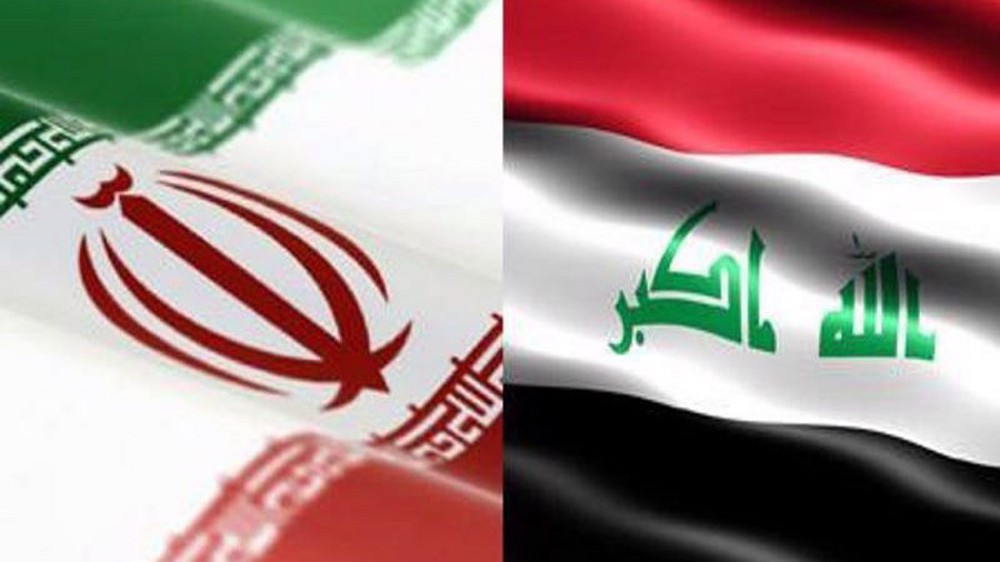




 This makes it easy to access the Press TV website
This makes it easy to access the Press TV website